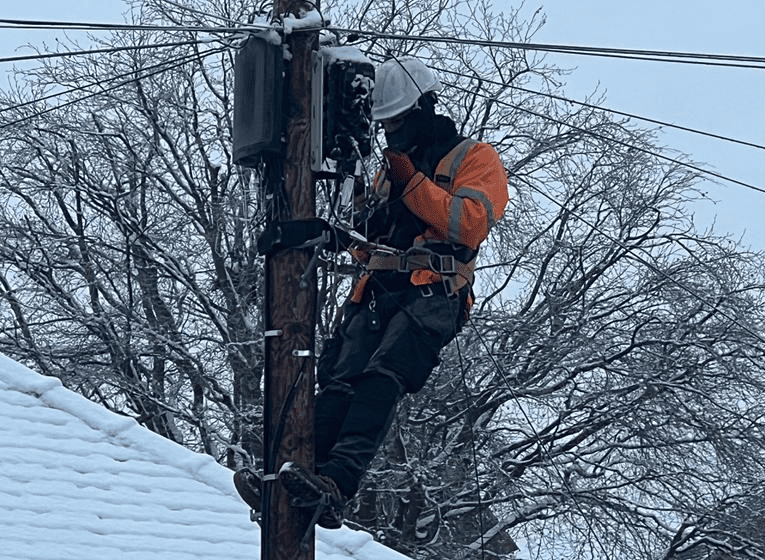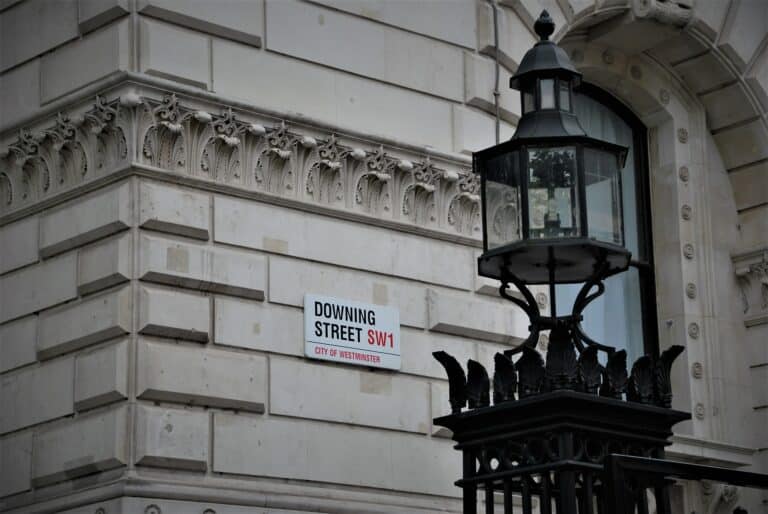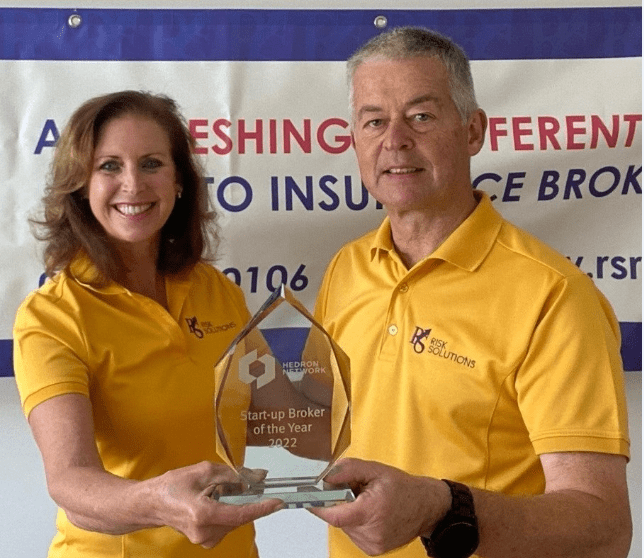The COVID-19 pandemic has impacted regions in different ways. A second wave of cases has followed, affecting different regions at different times and in varying capacities.
Similar to the first wave of COVID-19 cases, governmental guidance has played a large role in how your organisation has responded to a second wave. This means that businesses in one region may have been able to remain open, while businesses in other regions may have needed to close or adjust for a second time. As such, it is critical to understand and continually review all relevant orders to determine if your business needs to take action in the face of a second wave of COVID-19 cases.
Even if you are not required to close your business or make changes during the second spike of COVID-19 cases, that doesn’t mean your organisation is safe from the coronavirus. What’s more, some businesses may have greater exposures than others, underscoring the importance of performing a thorough risk assessment to determine how you should respond.
Similar to conducting a risk assessment for planning to reopen following the first wave of COVID-19 cases, your organisation should conduct a risk assessment in relation to the second wave of COVID-19. While the complexity of risk assessments will differ from business to business, they typically involve the following steps:
- Identifying the hazards: When identifying hazards, it is a good idea to perform a walk-through of the premises and consider high-risk areas. It is also important to consider what tasks employees are performing and whether they are especially exposed to COVID-19 risks.
- Deciding who may be harmed by a second wave of cases and how: When performing this evaluation, you will need to make note of high-risk individuals (e.g., staff members who meet with customers or individuals with pre-existing medical conditions).
- Assessing risks: Once you have identified the risks facing your business, you must analyse them to determine their potential consequences. When analysing your risks, consider potential financial losses, compliance requirements, employee safety, business disruptions, reputational harm, and other consequences.
- Controlling risks: With a sense of what the threats to your business are, you can then consider ways to address them. There are a variety of methods businesses can use to manage their risks, including risk avoidance, risk control, risk transfer.
- Monitoring the results: Risk management is an evolving, continuous process. Once you have implemented a risk management solution, you will want to monitor its effectiveness and reassess. Your business should be prepared to take action at short notice.
Additionally, try to give as much notice as possible if your organisation plans to make significant workplace changes, including shutting down operations or requiring employees to work from home.
Due to the nature of the COVID-19 pandemic, rules and regulations are constantly changing. You should be prepared to change your business practices if needed to maintain critical operations.
To obtain more information on health and safety at work practices, please contact RS Risk Solutions Insurance Brokers and Risk Managers at info@rsrisk.solutions.












